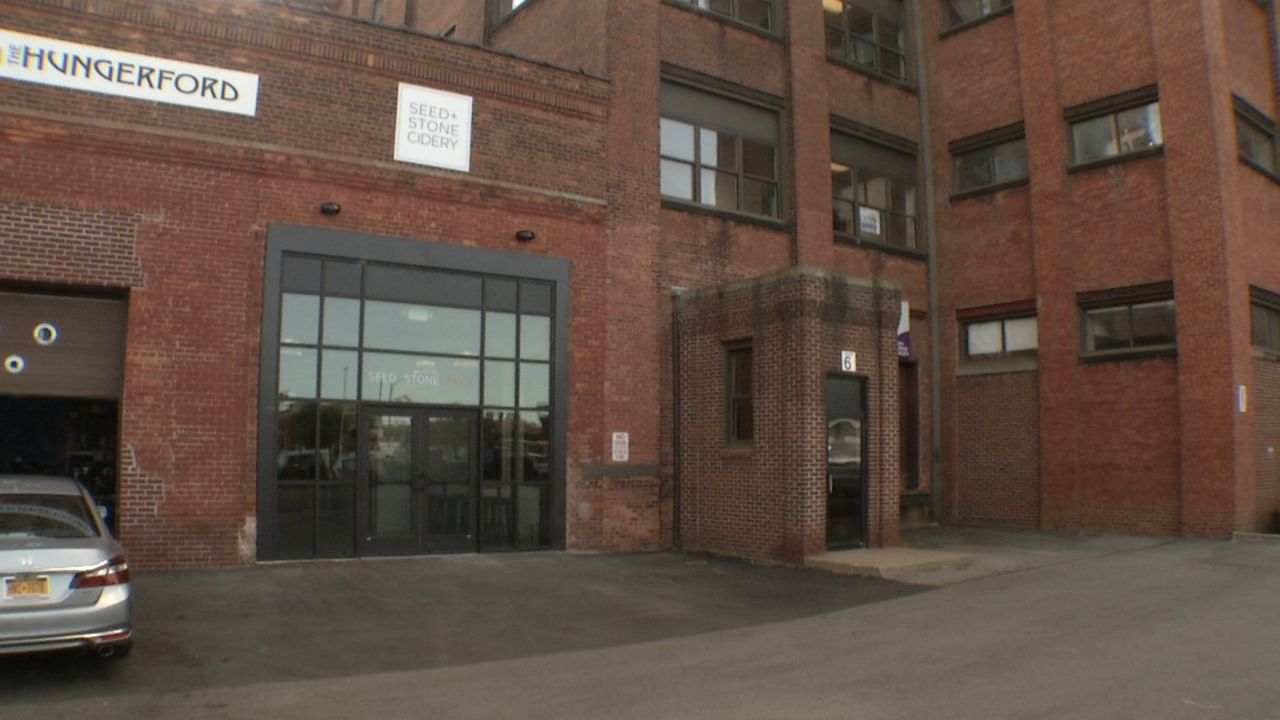FAIRPORT, N.Y. — Metro Justice is starting a dialogue with Rochester city leaders on the idea of making Rochester, Gas and Electric a public utility.
Next door in the Village of Fairport, such a public utility exists.
Utility work can be hard work.
“It’s physical and wears on your body a little bit, but that’s why most of the guys in this field are in pretty good shape,” Fairport Electric line foreman Brent Lowsey said.
But Lowsey says it’s rewarding work.
“Every day is a new adventure, it’s great to be outside, great work," Lowsey said. "If I started over, I would continue down this path.”
He works for Fairport Electric, one of dozens of public utility companies that service their respective municipalities across the state.
“You don’t see it in a lot of other states to the extent you see it here in New York, where we have over 45 municipal electric companies – which is quite robust,” Fairport Village Manager Bryce White said.
Similar to how a municipality might handle water or sewage for its residents, White says it’s a terrific service.
“Public utility is like anything, you tend to be a little closer to the public, and I think there’s a little more responsibility and accountability that comes with that because the public can engage you,” White said.
And while Fairport Electric doesn’t generate its own power, as a public utility, it can buy power from the state at significantly cheaper rates.
And it’s a completely nonprofit entity.
“The integrity in our distribution system is second to none because we put every single dollar back in the capital plan. And that really, really matters," White said. "People know there’s a storm coming, if they have an outage, it’s for a very short amount of time. Because that’s our focus, infrastructure integrity and not anything else.”
But as discussions happen in Rochester to turn the private utility Rochester, Gas and Electric public, White cautions it’s no easy conversation.
“I think it’s a complicated endeavor to take a company that’s been around for a century or more and all of a sudden convert that to a public utility company under new management, under new standards, I think that would be a challenge no matter what you’re doing in life,” White said.
A public utility means more red tape.
“Anything the government has, there’s sometimes a bureaucratic or political component to things," White said. "And in respect to Fairport Electric, we don’t have that. We have a very competent commission.”
And Fairport Electric is no more insulated from inflation than an investor-run utility.
“They’re higher. We’re already expecting approximately a 30% increase just like every other utility has been advertising and getting the public prepared. It’s no different for us,” White said.
He says it’s not a matter of public versus private, but the people within those companies.
“It’s about how you operate, the professionalism you have, the competency of the people that work for you," White said. "And what are those standards and missions that you’re requiring and building within your culture? That matters.”
And the pride in his company is felt through the ranks.
“Without power you’re going to be in the dark quite often, so we rely on phenomenal reliability around here, we take pride in that reliability," Lowsey said. "And we do everything we can to maintain that reliability.”










